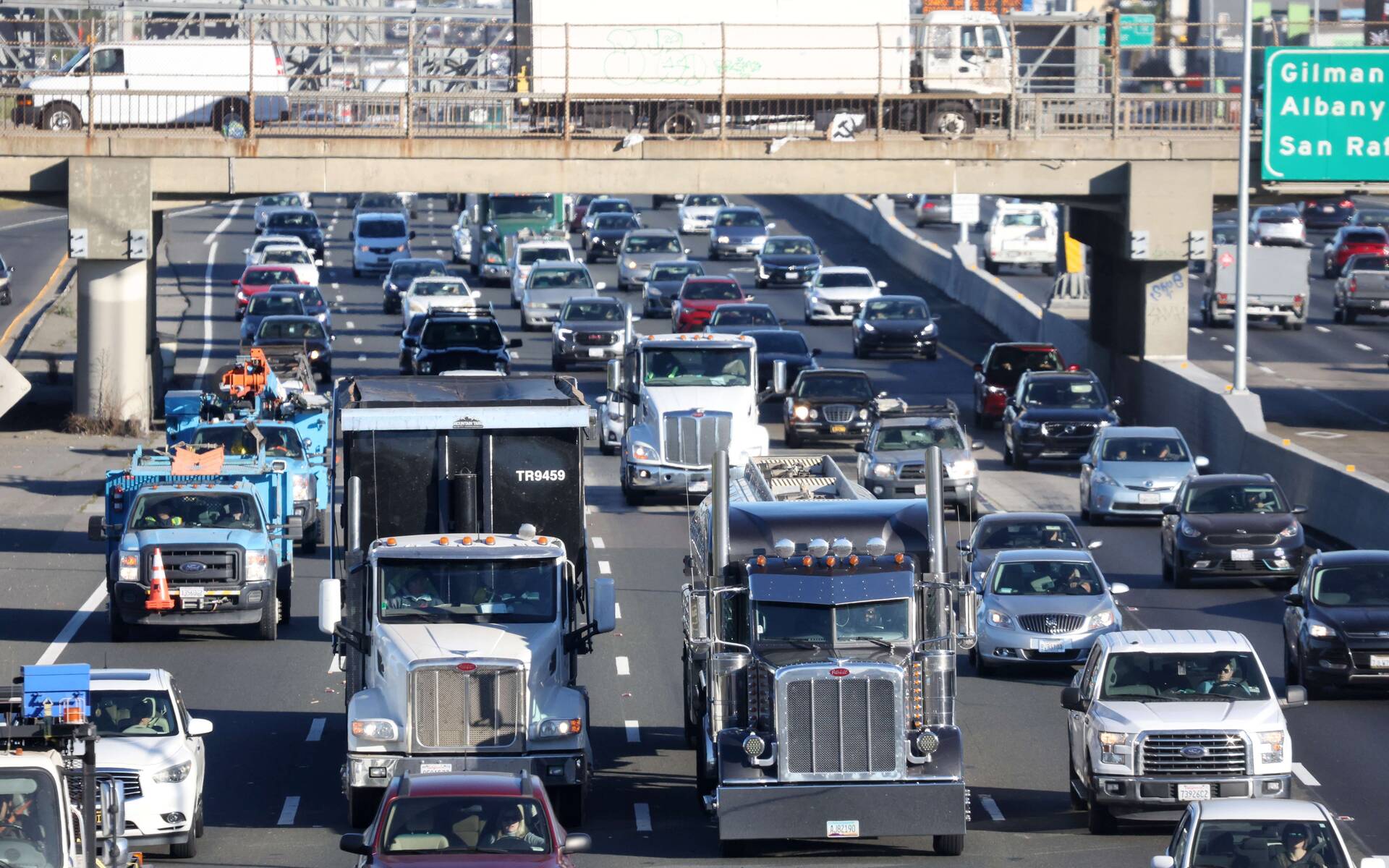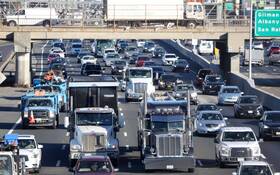U.S. Auto Emission Standards Toughened, but Automakers Given More Time
U.S. President Joe Biden's administration announced Wednesday tougher emission standards for cars and trucks meant to accelerate the US auto industry's shift to electric to mitigate climate change.
Following input from the auto industry, organized labor and auto dealerships, Biden administration officials decided to allow manufacturers a "variety of pathways" to reaching the standard, a senior Biden administration official said Tuesday.
- Also: Maintaining Your Vehicle is Good For Your Wallet... and the Environment!
- Also: Podcast: Slowing EV Demand, Manufacturers Backing Out of Electrification Plans - The Industry's Current State of Affairs
This path could include a mix of EVs, conventional but more fuel-efficient engines, and plug-in hybrid vehicles, which have seen a rise in demand of late.
Biden administration officials opted to soften year-to-year emissions improvements in the 2027-2030 period, while maintaining the same target in 2032.

Moderating the targets in these first three years "was the right call," said John Bozzella, president of the Alliance for Automotive Innovation, a Washington lobby representing carmakers.
"These adjusted EV targets – still a stretch goal – should give the market and supply chains a chance to catch up," said Bozzella, adding that the extra time will allow more EV charging stations to come on-line.
Too Many 'Loopholes'?
The final standards set a fleet-wide target of 85 grams of carbon dioxide in 2032, down from 170 in 2027, according to an administration fact sheet.
Wednesday's initiative won praise from leading environmental groups including the Sierra Club and NRDC, which said the new rules "take us in the right direction," according to a statement from NRDC chief Manish Bapna.
But Dan Becker, director of the climate transport campaign at the Center for Biological Diversity, slammed the adjusted rules as "significantly weaker."
"The EPA caved to pressure from Big Auto, Big Oil and car dealers and riddled the plan with loopholes big enough to drive a Ford F-150 through," Becker said. "The weaker rule means cars and pickups spew more pollution, oil companies keep socking consumers at the pump, and automakers keep wielding well-practiced delay tactics."











